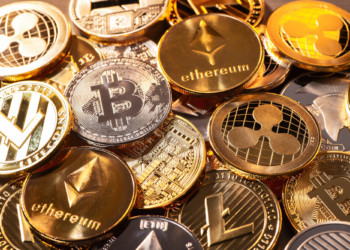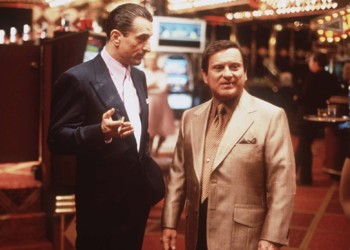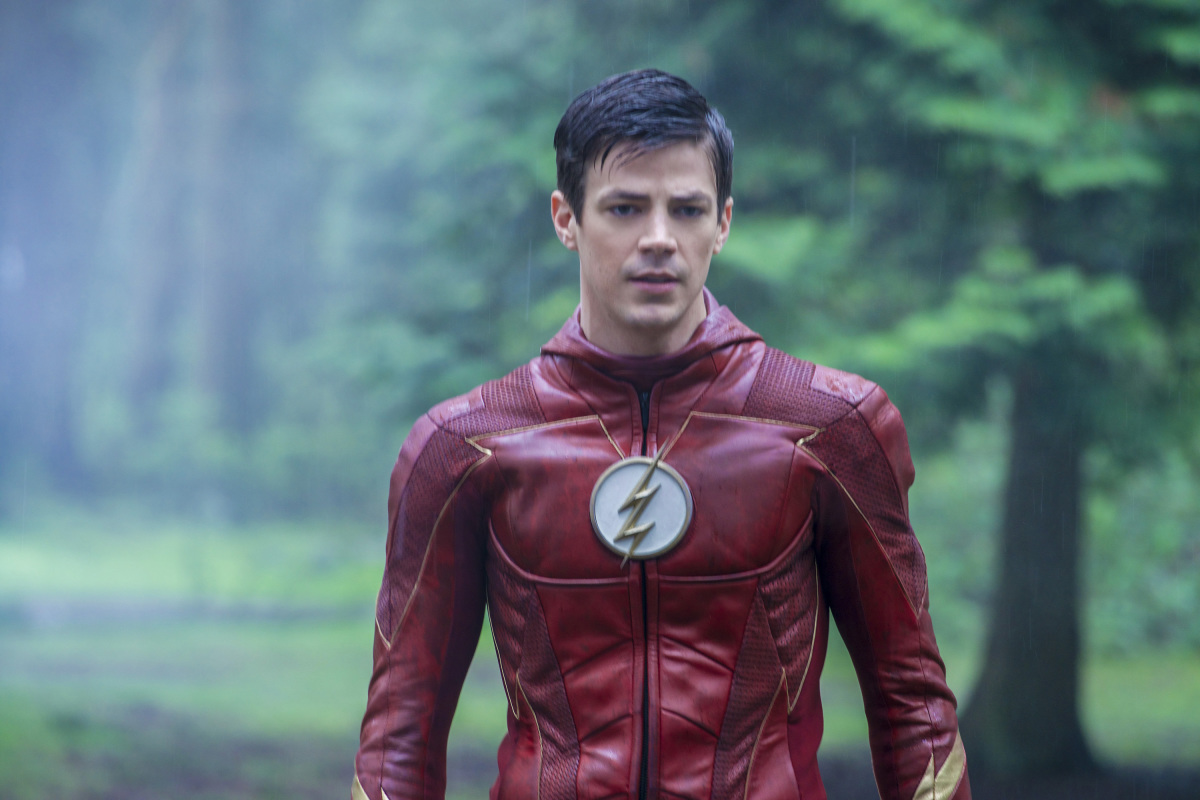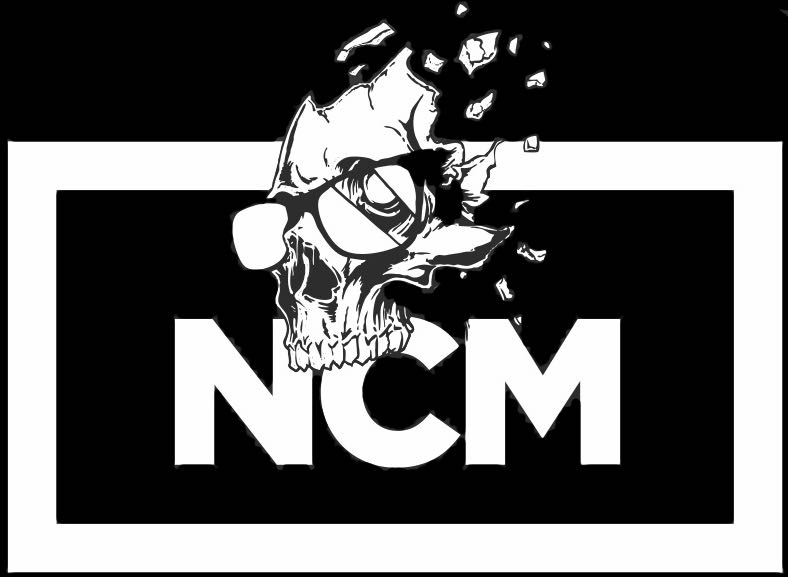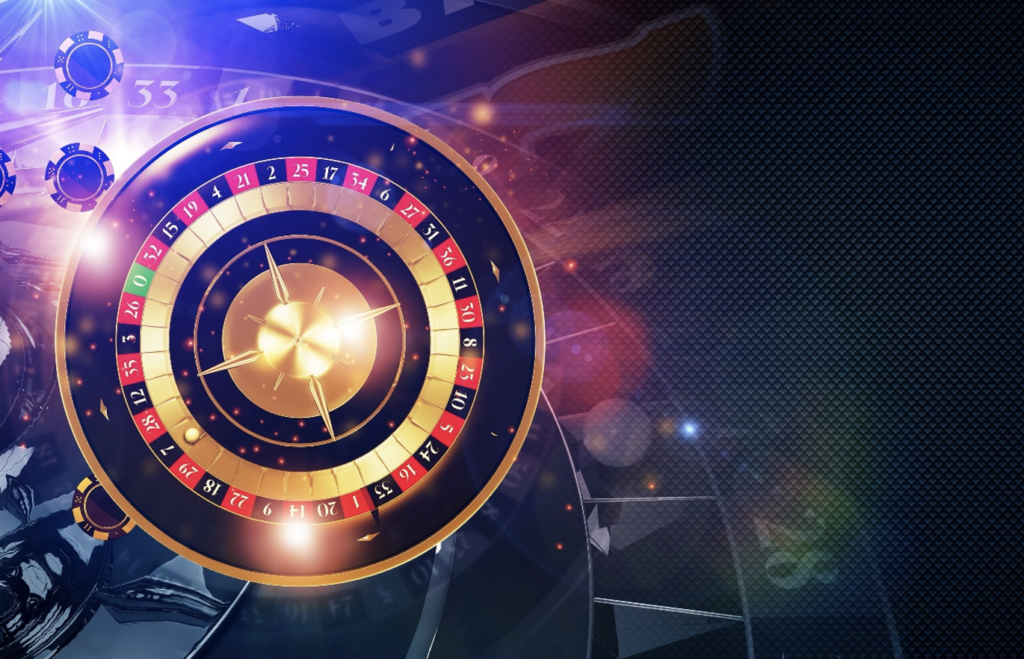
Roulette is a direct translation of “little wheel” in French. Originating in 18th century France, many believe that the wheel itself was created by French mathematician and physicist Blaise Pascal in his failed attempt to defy physics and create a perpetual motion machine.
Forms of Roulette are woven throughout history, from the ancient Romans spinning shields for amusement, to France, the rest of Europe, and then the world – landing firmly at the heart of many casinos.
Join us as we take a trip through time, witnessing the history of Roulette, seeing how the game is enjoyed in the modern day, and looking into the future to see just where the classic game could spin next.
The past
Games similar to Roulette have been around for centuries. Soldiers in ancient Rome would relax after battle by playing games that sometimes involved spinning a shield or chariot wheel. It’s also said that ancient Greek soldiers would draw symbols on the inside of a shield, put it face-down on the ground and place an arrow next to it. They would then bet on which symbol would stop in front of the arrow.
Despite these games resembling Roulette, as previously mentioned, it’s France that can truly take the credit for creating the popular game. In 17th century Europe, games called Roly Poly and Even-Odd were extremely popular. Both of these games involved spinning a wheel and betting on the outcome. Blaise Pascal, on top of his many talents, was also known to gamble in his spare time, so it’s clear that he knew about these games whilst accidentally creating his version of the wheel.
At the time, gambling was illegal in many countries across Europe, but it was thanks to Prince Charles of Monaco that the first form of Roulette gained traction. He used the rising popularity of gaming in an attempt to solve his monetary issues. Due to this, Roulette became popular amongst aristocrats and royalty.
In 1842, two Frenchmen, Francois and Louis Blanc, reinvented Roulette, taking the game all around Europe. The brothers had lowered the house edge by taking away the double zero pocket and creating what would later be known as European Roulette. Helping Roulette to gain popularity, and eventually helping to build the iconic Monte Carlo Casino, where Roulette took centre stage.
The present
Roulette had taken the world by storm, and by the time casinos were on the scene, it was a staple game that many could expect to find in the establishment. In 1996, the first online casino to offer automated payouts was created, and Roulette was one of the very first games available to play. In the modern day, there are a variety of online Roulette games available to play, with a Random Number Generator (RNG) generating undecipherable patterns to keep the digital spins of the wheel safe, fair and as random as can be.
The future
The future of Roulette looks bright, as the game remains one of the most popular casino games of all time – a popular stable within brick-and-mortar establishments. Online casinos like https://utansvensklicens.casino/casino-minsta-insattning/ have also embraced the ever-evolving technology, constantly reinventing the classic game. On top of this, there’s the live casino. Live Roulette offers you the chance to play the classic game, as well as unique themed versions, with a real-life dealer being streamed from a specialist studio, straight to your device, in real time! This type of immersive gameplay paves the way for the future of what technology has the potential to offer us next, with virtual reality (VR) on the rise, before we know it, we could be standing round a Roulette table, in a casino, without even having to leave our house!

